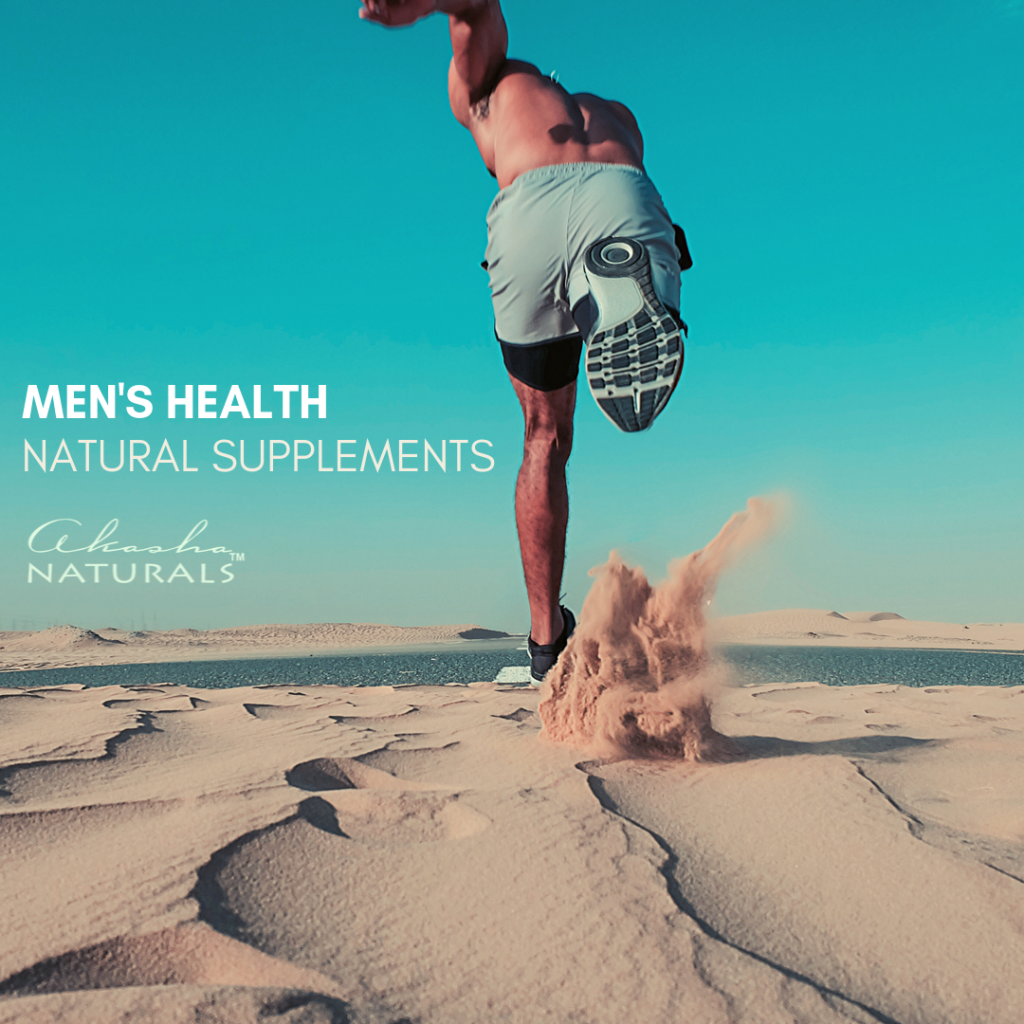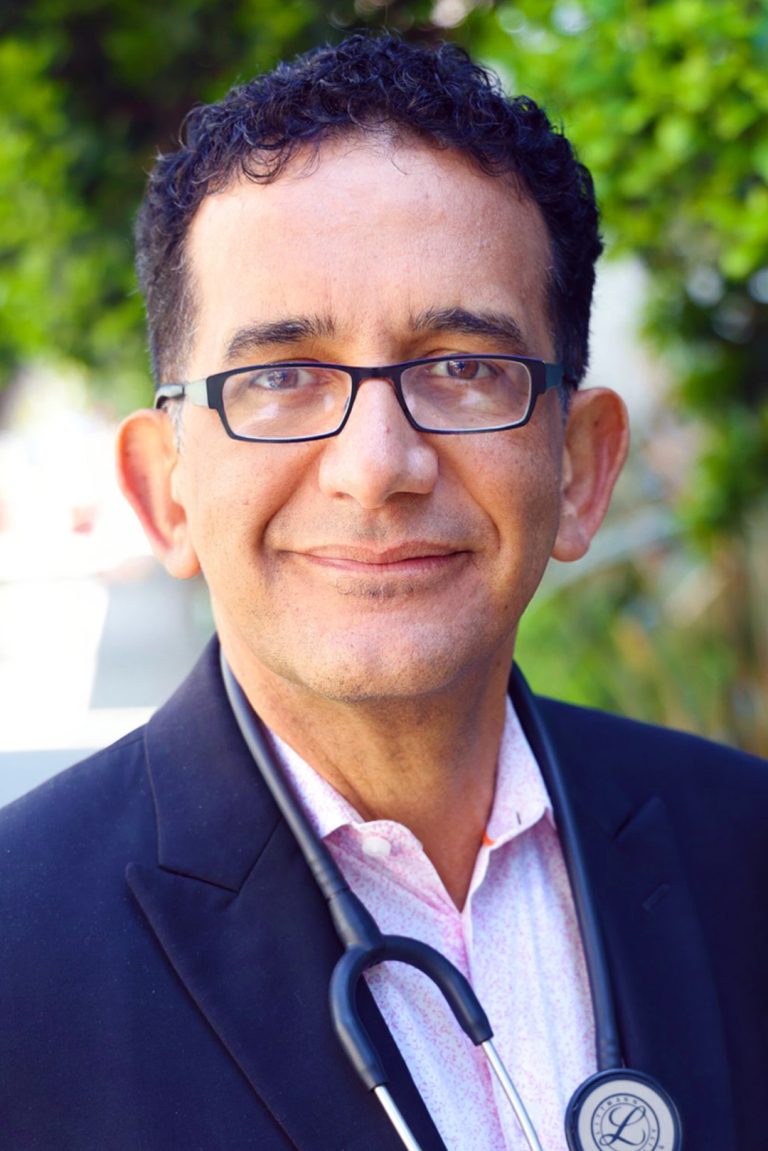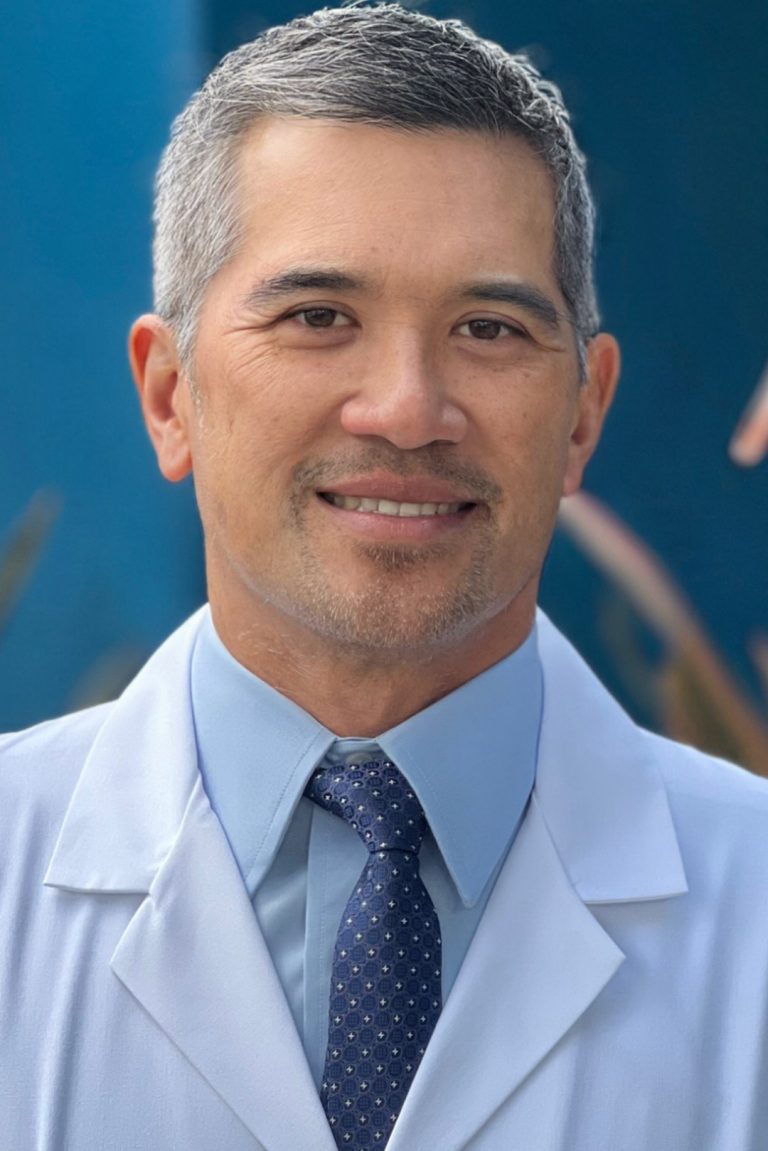If you’ve been on testosterone supplementation for more than five years, you know how it feels to have your testosterone appear to just stop working.
For my patients, the same often runs true. We place them on testosterone, and they feel great. They go to the gym and lift more, they’re in a better mood, they have better sex, their sex drive comes back, and they lose weight. It is almost like a magic button was pressed. Then inevitably, after a while, the effects begin to die out.
If you are familiar to the feeling, I describe it like chasing a high. You constantly want to feel like this, but inevitably, like the song says, “it’s never as good as the first time.” Well here’s what happens.
Testosterone is an anabolic hormone. An anabolic hormone is a steroid that stimulates muscle growth, proteins to be assembled, and insulin to be released. So when testosterone is low, or your body is unable to use the testosterone that is available, you feel fatigue, moody, weak, and even apathetic.
When we as physicians place you on testosterone gel or injections, we also check your levels periodically.
So why are my testosterone levels normal, but I still feel terrible?
The answer is simple. Testosterone cannot work unless it successfully binds to an androgen receptor. The androgen receptor is a lock and the testosterone in the key. The two must go together in order for the testosterone to stimulate muscle growth, proteins to be made, and insulin to be released.
Think of testosterone like food. You can sit down to dinner and have 5 big juicy steaks on the table (imagine a portobello if you are a vegetarian and seabags if pescatarian), but you can only handle one. If you have an upset stomach or you are full, you will not even eat one. So the steak ultimately cannot get used and it goes to waste.
Your testosterone (the key) may be high, but if the androgen receptors (the lock) are asleep, unhealthy, or depleted, the testosterone will not work like it is expected to. Testosterone enters the cell and one of three things can happen once inside.
“Without healthy androgen receptors, the body functions as if there is a testosterone deficiency even if there actually isn’t one.“
- It can bind to an androgen receptor and activate the testosterone to do what it is known to do.
- 5-a-reductase converts a small amount of testosterone to DHT which is a supercharged form of activated testosterone. It is 10x more powerful than testosterone (it is so powerful that it can cause your prostate to swell). After it becomes DHT, it then binds to an androgen receptor
- If there isn’t an androgen receptor available to connect with, an enzyme called aromatase will act on the testosterone and turn it into the traditionally female hormone, estradiol. Estradiol has the completely opposite effect of testosterone.

If the androgen receptors have fallen asleep or they are reduced in number, #3 is what will happen. If the total and free testosterone levels are high or normal, but there aren’t any active androgen receptors, you can have all of the symptoms of a man with low-T:
- increase in fatigue
- more body fat (beer belly)
- depressed mood
- weak muscles
- insulin deficiency
- erectile dysfunction
- low sex drive.
Without healthy androgen receptors, the body functions as if there is a testosterone deficiency even if there actually isn’t one. Without healthy and receptive androgen receptors, extra testosterone turns into extra estrogen.
What Causes The Androgen Receptors to Go to Sleep?
The number of androgen receptors within the body and whether or not these receptors are working properly (receptor sensitivity) has everything to do with toxin exposure, stress levels, nutrition, and exercise. A poor diet and rough lifestyle can damage and deplete androgen receptors, but the good news is that a healthy diet and lifestyle can boost these same receptors.
Here are Some Natural Ways to Boost Your Androgen Receptors
Vitamin D is a vitamin and a steroid hormone. Most brown people are deficient in vitamin D, and vitamin D deficiency is associated with decreased testosterone levels and the inability to connect testosterone to the androgen receptors. Get your levels checked. For my patients, I like for Vitamin D levels to be 60 and above. For patients with low levels, I usually put them on a quality vitamin D3 supplement.
Resistance Training
Heavy endurance training actually stresses the body and blocks testosterone production. However, resistance training – short bursts of heavy weight lifting is the exercise most likely to boost the number of healthy androgen receptors in the body.
L-Carnitine and Alpha-Lipoic-Acid
Carnitine brings fatty acids into the mitochondria (powerhouse of the cell), where they are used to make energy or ATP. Carnitine has also been shown to boost the number of healthy androgen receptors. A study found that taking 2g of L-carnitine can boost androgen receptors within 3 weeks.
L-Carnitine should be taken with an antioxidant like alpha-lipoic-acid. Alpha-lipoic-acid is a fat soluble antioxidant and when taken in combination, it will protect the cells from free-radicals, or dangerous byproducts, that are released when energy is made.
Intermittent Fasting
Intermittent fasting is thought by many to be the dietary fountain of youth. With so many connected health benefits, this style of eating has been shown to reduce the risk factors associated with heart disease, improve symptoms associated with diabetes and pre-diabetes, lead to weight loss, and increase the body’s ability to use testosterone. A 2016 study showed that after 8 weeks of intermittent fasting, there was increased sensitivity of androgen receptors. That means that the androgen receptors became healthier and more attractive to testosterone, as an added bonus, the subjects had less fat by the end of the study.
Reduce Exposure to Toxins
There are certain chemicals in our environment that you should try hard to avoid. Never store your food or water in plastic because most plastics are endocrine disrupters. BPAs and phthalates, byproducts from plastics, get inside your body and disrupt your hormones. Also, try to eat organic whenever you can because pesticides will interfere with the production and use of hormones within your body.
Reduce Anti-Testosterone Foods & Supplements
Avoid Supplementing High Doses of Quercetin
Although quercetin is an amazing antioxidant, it is most useful when you want your androgen receptors to work less and not more. In terms of getting our testosterone to work better for our bodies, it turns out that too much quercetin could be a bad thing.
Avoid Eating a Large Amount of Soy
Soy is a plant estrogen which can interfere with testosterone production and use.
Avoid Eating a Large Amount of Food With Lycopene
Lycopene is a natural occurring antioxidant and is amazing at protecting the body from free radicals, but it is also anti-androgenic or anti-testosterone to some men in large doses. Lycopene is in bright red fruits like tomatoes, grapefruit, red bell peppers, guava, watermelon, asparagus, red cabbage, and mangoes.
If you are doing everything right, but still having issues, consider your diet and look at your supplements. Could you be getting mega doses of lycopene, quercetin, or soy?
My Testosterone Levels are OK, But My Erection Isn’t as Hard as I would Like
There is more to staying hard than just having the optimal amount of testosterone on board. Erectile strength comes from blood flow influenced by a variety of mechanisms. If your biggest sign that the testosterone isn’t working anymore is that your erection isn’t standing as tall as it used to, head over to https://myedquiz.com to see what else might be causing the issue. There is always room for improvement.
In Conclusion
If you feel as though your testosterone dose is leaving you feeling everything except optimized, it’s time for a checkup. We want you to feel optimized!
References:
Kreaemer, W. J., et al. (2006) Androgenic responses to resistance exercise: effects of feeding and L-carnitine. Med Sci Sports Exerc., 38:7, 1288 – 1296. https://www.ncbi.nlm.nih.gov/pubmed/16826026
Mitchell, C. J., et al. (2013) Muscular and Systemic Correlates of Resistance Training-Induced Muscle Hypertrophy. PLoS ONE, 8:10, e78636. https://www.ncbi.nlm.nih.gov/pmc/articles/PMC3793973/
Moro, T., et al. (2016) Effects of eight weeks of time-restricted feeding (16/8) on basal metabolism, maximal strength, body composition, inflammation, and cardiovascular risk factors in resistance-trained males. J Transl Med., 14, 290. https://www.ncbi.nlm.nih.gov/pmc/articles/PMC5064803/
Marconnia, D., et al. (2017) Food components and contaminants as (anti)androgenic molecules. Genes Nutr., 12, 6. https://www.ncbi.nlm.nih.gov/pmc/articles/PMC5312591/

















